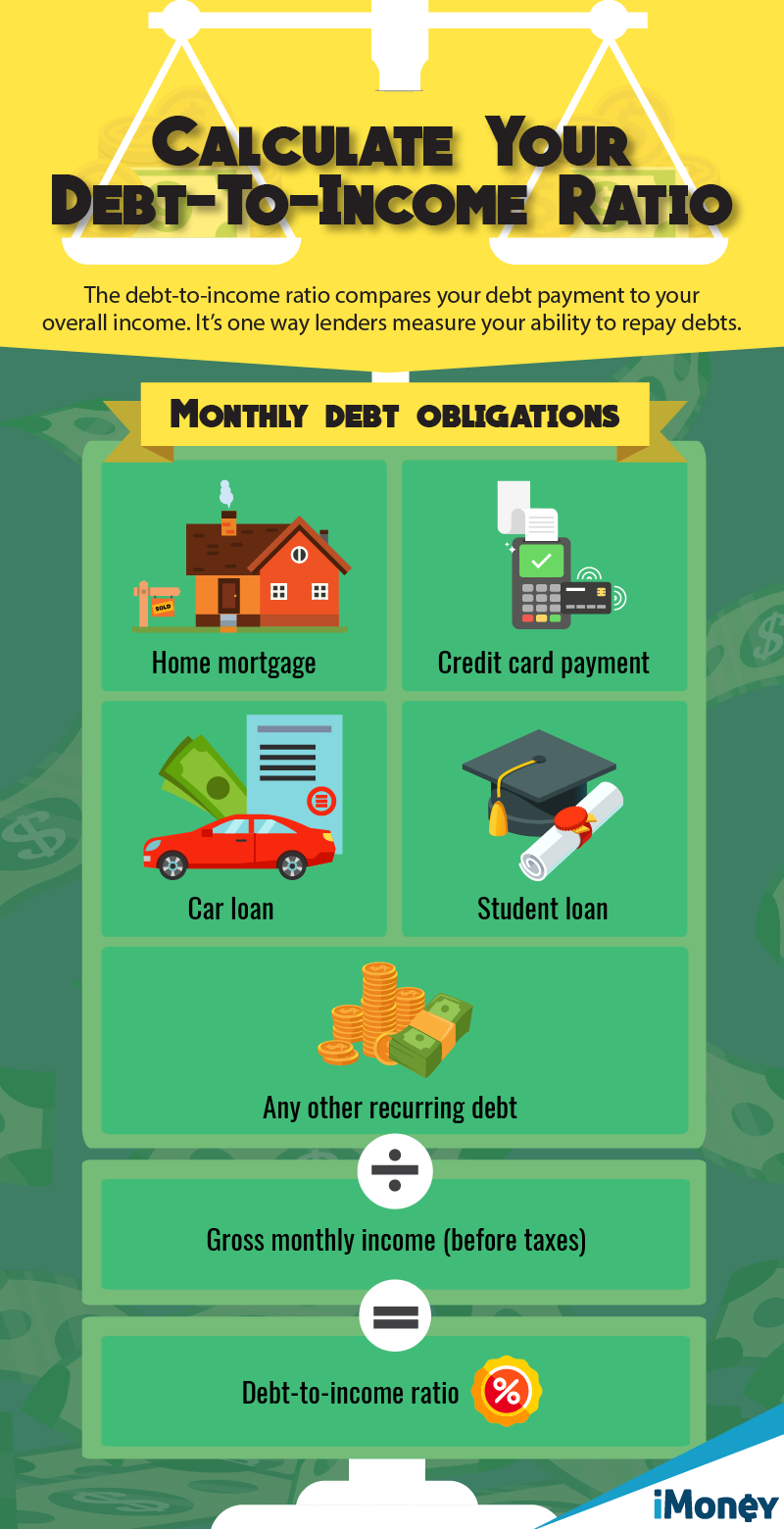How Much Do You Need To Earn To Afford A Private Property In Singapore?
Buying your first home is a major decision that should not be taken lightly, as it requires a lot of research and financial planning before committing to an initial down payment. For Singaporeans, this decision is made even more difficult due to the fact that Singapore is one of the priciest places in the world to purchase a property.
Your costs will further skyrocket if you’re considering buying a private property in Singapore. Not only are they more expensive than public housing, their prices have risen by 1% in 2017 for the first time in four years, and they’re expected to rise further this year.
Of course, private properties aren’t without its perks. While 80% of Singaporeans may live in public housing, private housing offers prospective buyers the option of landed or non-landed properties. Private condominiums also provide access to recreational facilities like swimming pools or gyms, while public housing HDBs lack these amenities. However, be prepared to pay about three times more for private properties, as private properly developers mostly cater to foreigners and high-income Singaporeans.
Having said that, it is not impossible to purchase private property in the island republic. All it takes is a little financial planning and foresight in order to figure out how much you really need to earn in order to afford a private home here. An important factor to take into consideration is total household income or the total combined salary of both you and your spouse (if joint mortgage).
Calculating your debt to income ratio
Once you have calculated total household income, it is also important to determine your debt-to-income ratio or your capacity to manage monthly debt repayments. This is done by totalling up your monthly debt obligations and dividing this by your base salary. An individual earning a salary of S$4,800 per month (the average monthly salary in Singapore) who is paying S$1,500 for a home mortgage and an additional S$500 for a car loan would then have a debt-to-income (DTI) ratio of 41%.

In recent years, the Singaporean government has also eased debt servicing requirements in the country, allowing buyers with debt-to-income ratios of 60% and above to take out mortgages on properties as long as the loans taken out do not exceed 50% of the overall property value.
Armed with this knowledge, and assuming that we stay within a debt-to-income ratio of 60%, we can now explore by region the average salary it takes to purchase a private property in Singapore. In calculating the figures, we’ll assume that the buyer has no other loans to service that will affect their debt-to-income ratio.
1. Core Central Region
Being one of the most affluent and expensive regions in Singapore, the Core Central Region is home to neighbourhoods such as Holland Village, River Valley, Orchard, Tanglin and Sentosa.
Even at the lower end, the price of a 1,200 square-foot condominium averages out at S$2,224,602. In order to figure out how much you need to earn to purchase this property, we can simplify the calculations below:

In the table above, we are assuming that a loan of S$1,668,452 is taken out for a period of 30 years after satisfying a 25% down payment. The monthly repayment of the home loan would then be S$7,492. To satisfy a debt-to-income ratio of 60%, the minimum monthly salary that you would need to earn is S$12,487 per month or $149,844 per annum. This is assuming that you have no other debt commitments, such as other mortgages and loans.
However, the numbers above only represent the lower end of prices in the Core Central Region. At the higher end of the real estate market, a 1,200 square-foot condominium in Postal District 9 could cost S$5,000,000. This means that in order to handle a monthly loan commitment of S$16,839, you would have to make at least S$28,065 a month or S$336,780 a year to satisfy the DTI requirements of 60%.
2. Rest of Central Region (RCR)
The rest of the central region consists of mid-to-upper tier neighbourhoods like Toa Payoh, Bukit Merah and Tiong Bahru. Property in this area can range from S$1,579 – S$2,184 per square foot depending on location. For the table below, we’re examining the average price for a 1,000 square feet property in Paya Lebar Road:

3. Outside Central Region (OCR)
For areas outside of the central region, prices can range from S$689 to S$1,187 per square foot. This includes neighbourhoods such as Clementi, Bedok South and Choa Chu Kang where prices are significantly lower compared to those in the Core Central Region and Rest of Central Region. The example below examines the average price of a 1,000 square feet apartment in Choa Chu Kang:

Using the previous assumptions, your average household income would have to be S$4,300 in order to afford a property, assuming you’ve made a 25% down payment and opted for a 30 year loan tenure.
Additional fees and duties
In addition to the costs above, property buyers also need to factor in the following fees & duties:

In conclusion, purchasing a property is an important decision in which many factors, from loan eligibility to household income, have to be examined. This is even harder to manage if you are considering private properties in the country. To make this task simpler, it is important for homebuyers to examine all requirements before signing that agreement for their dream home.
Use EdgeProp's affordability calculator to help you make informed decisions on your home purchase.
This article was first published on iMoney.sg, a financial comparison website for personal finance products.
See Also:
Singapore Property for Sale & Rent, Latest Property News, Advanced Analytics Tools
En Bloc Calculator, Find Out If Your Condo Will Be The Next en-bloc

 Yahoo Finance
Yahoo Finance 